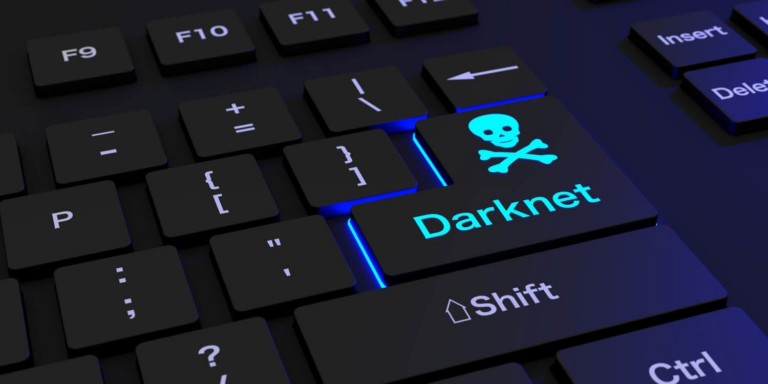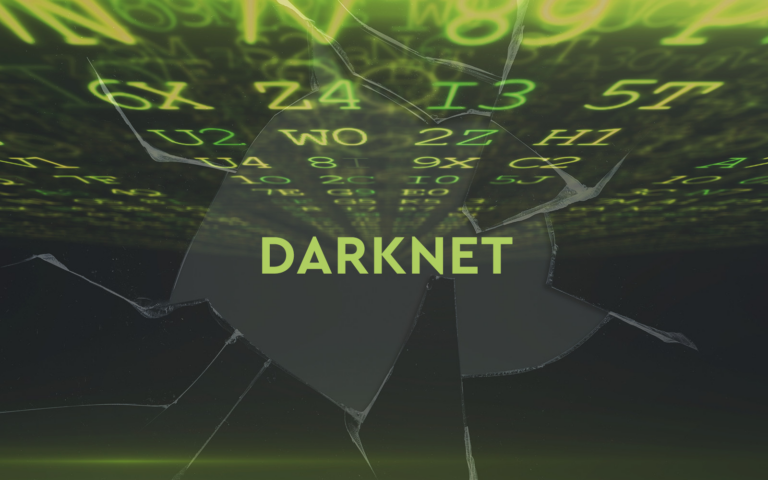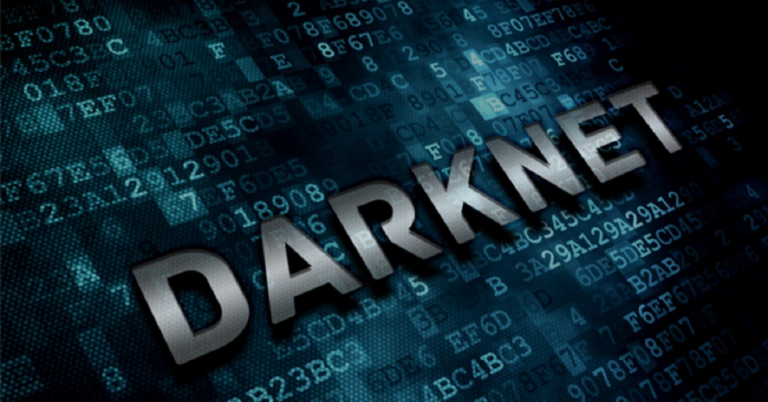
The internet is vast, and much of its activity occurs in spaces most users will never see—hidden from traditional search engines and anonymized behind layers of encryption. Among these hidden spaces are darknet markets, thriving marketplaces on the TOR network where individuals buy and sell goods, often of a questionable nature. But what exactly are darknet markets, and how do they work? For privacy enthusiasts, tech-savvy individuals, and those intrigued by the digital underbelly, this blog explores their operations, history, and implications.
Understanding Darknet Markets and TOR
Before we dive into darknet markets, it’s essential to understand TOR (The Onion Router). TOR is a network and browser that enables anonymous communication by routing internet traffic through multiple layers of encryption and relay nodes worldwide. This anonymity creates a fertile ground for darknet markets to operate.
Darknet markets are online platforms hosted on TOR where users exchange goods and services, ranging from legitimate items to illicit substances, personal data, and hacking tools. These markets cannot be accessed via traditional web browsers, making them part of what is commonly referred to as “the dark web.”
Darknet markets are a double-edged sword. For advocates of privacy and free markets, they represent a frontier of decentralized trade. For law enforcement and ethical observers, they pose significant concerns.
The Evolution of Darknet Markets
The darknet market landscape has seen rapid change, largely defined by the rise and fall of infamous platforms. Here’s a historical overview of their evolution:
- Silk Road (2011-2013)
Perhaps the most well-known darknet market, Silk Road is where it all started. Launched by Ross Ulbricht, it facilitated the trade of illegal drugs and other contraband. Its downfall in 2013, following Ulbricht’s arrest and conviction, marked the first major strike against darknet markets but also set the stage for successors.
- AlphaBay (2014-2017)
After Silk Road’s demise, AlphaBay became the dominant platform with an even broader selection of items. At its peak, it was reportedly 10 times larger than Silk Road. However, global law enforcement dismantled AlphaBay in 2017 through joint operations.
- Dream Market and Beyond (2013-2019)
A collection of markets tried to fill the void left by these early giants, such as Dream Market and Wall Street Market. These platforms operated in a more fragmented manner, but many eventually met similar fates—law enforcement takedowns or exit scams by their operators.
- Today’s Landscape
The current darknet ecosystem remains decentralized, with smaller, more niche markets emerging. Some platforms now offer stricter security measures and improved anonymity for users.
The cat-and-mouse game between market operators and law enforcement continues to fuel the evolution of darknet markets.
How Darknet Markets Operate
At their core, darknet markets function similarly to e-commerce platforms like eBay or Amazon, albeit in a much more secretive and secure manner. Here’s how they operate:
1. Cryptocurrency Transactions
Cryptocurrencies such as Bitcoin and Monero are indispensable to darknet markets. They provide an additional layer of anonymity, although Bitcoin transactions can still be traced in some cases. Privacy-focused cryptocurrencies like Monero have become increasingly popular for their untraceable nature.
2. Encryption and PGP (Pretty Good Privacy)
PGP encryption is often used for communication between buyers and sellers. This ensures that messages remain secure and private, even if intercepted.
3. Escrow Services
Many darknet markets include escrow systems to hold payments until both parties are satisfied. This setup helps reduce scams by ensuring that sellers only receive payment upon successful transaction completion.
4. Reputation Systems
Much like mainstream online marketplaces, darknet markets often include reputation or review systems for sellers. These ratings help buyers gauge the reliability of vendors.
These layers of security and anonymity enable darknet markets to function as globalized trade hubs, albeit in a shadowy realm.
Legal and Ethical Implications of Darknet Markets
The existence of darknet markets raises significant legal and ethical questions that extend far beyond the digital realm:
Legal Challenges
- Illicit Goods: The outright trading of illegal substances, weapons, and stolen data makes darknet markets a primary target for global law enforcement efforts.
- Money Laundering: Transactions carried out on these platforms often contribute to global money laundering, bypassing legal financial systems.
- Cybercrime: From hacking services to malware sales, darknet markets harbor activities threatening individuals and organizations alike.
Ethical Considerations
- Privacy vs. Crime: While darknet markets provide a haven for free trade and privacy-conscious users, they also empower organized crime. Is this trade-off justifiable?
- Impact on Society: Items sold on darknet markets, such as unregulated pharmaceuticals, illegal firearms, and counterfeit goods, pose serious risks to public safety.
Privacy and Security on the Darknet
For those interested in exploring the darknet for research or legitimate purposes, maintaining security and anonymity is crucial. Here are some tips and tools:
1. Use a Secure Setup
Download the TOR browser only from its official website. Use a virtual private network (VPN) in tandem with TOR for additional privacy.
2. Avoid Leaking Personal Information
Refrain from using identifiable details in usernames, passwords, or communications. Anything that can link back to your identity should be avoided.
3. Beware of Scams
Darknet markets are rife with scams. Use platforms with a reputation system and always verify the credibility of sellers through user reviews.
4. Use Encrypted Messaging
Adopt PGP encryption when communicating, especially if you’re sharing sensitive information. Platforms like ProtonMail also offer secure email alternatives.
5. Keep Devices Secure
Ensure that your computer is updated with the latest security patches, and use anti-malware software.
Maintaining privacy on the darknet requires vigilance and a thorough understanding of cybersecurity principles.
The Future of Darknet Markets

The future of darknet markets remains uncertain but fascinating. Here are some key trends and considerations:
- Emergence of Decentralization
Some darknet platforms are moving toward decentralized models, making it harder for law enforcement to take them down. Blockchain-based marketplaces that use smart contracts could play a role here.
- Stronger Anonymity Tools
With innovations in encryption and privacy protocols, future darknet markets may offer even more robust protection for users.
- Regulation and Legal Action
Governments worldwide are increasingly focused on cracking down on darknet markets. Advancements in blockchain analysis and international collaboration will likely lead to more disruptions in these spaces.
- Broader Ethical Debate
The ethical implications of these markets will continue to spark debate, particularly as privacy-focused technologies gain mainstream adoption.
A Final Sip of Insight
Darknet markets, operating within the layered anonymity of TOR, represent a curious paradox of modern technology. On one hand, they challenge notions of privacy, security, and free trade. On the other hand, they serve as hubs for illegal activity, posing dangers to individuals and society.
Understanding these platforms—how they work and their legal, ethical, and technological implications—equips us to have informed discussions about their role in the digital age. Whether you’re a privacy advocate or a curious tech enthusiast, the darknet shows that the internet is far more multifaceted than most of us imagine.
Darknet markets may be evolving, but they remind us of one constant truth in technology: innovation always comes with new challenges.


